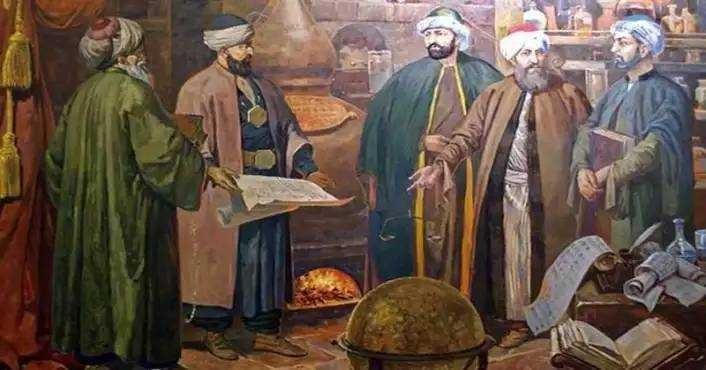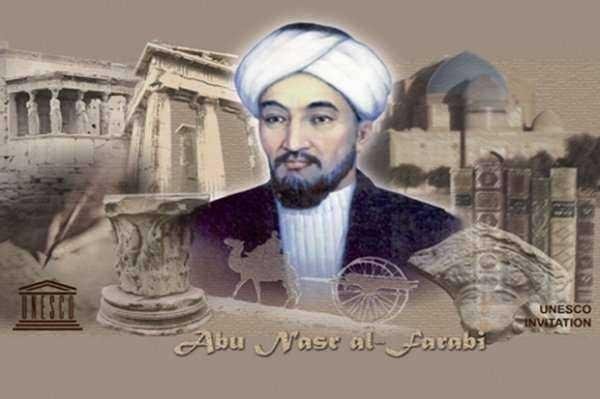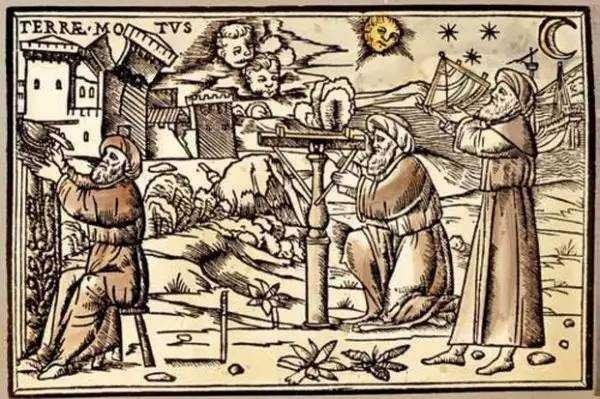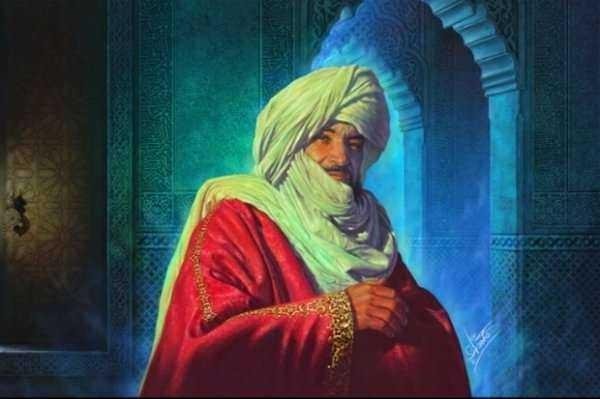Muslim scientists have an influence in the world of science or science. The findings range from medicine, surgery, mathematics, physics to astrology.

Taken from various sources, here are 10 influential Muslim scientists in the world.

Al Farabi
The figure of Al Farabi is known as the imuwan in the field of philosophy that separates him from theology. The man with the full name of Abu Nasr Muhammad Al Farabi was born in 870. He died in 950 AD.

Al Farabi completed his educational career in Farab and Bukhara but later moved to Baghdad for higher education. It happened when he obtained his master's degree in language and also mastered several other branches of knowledge as well as technology.


Reported by Famous Scientist, Al Farabi has contributions and services in the fields of science, philosophy, logic, sociology, medicine, mathematics, and music. The only areas of focus are philosophy, logic, and sociology, also known as encyclopaedic.
Al Battani

Al Battani has a calculation of the day of the year and is also known as an astronomer. He is able to find calculations day in a year that is 365 days, 5 hours, 45 minutes and 24 seconds based on calculating the time of Earth around the sun.

The calculation results are able to match the calculation using advanced equipment.

In addition he was also able to calculate the arrival of certain seasons through the calculations he had.Al Battani was born in the town of Battan near Harran with the full name of Abu Abdullah ibn Jabir Sinan Al Battani.Ia was born in the year 850 - 929 AD
Ibn Sina
Ibn Sina or better known in the western world as Avicenna was born in 980 and died in 1037. Ibn Sina is known as the foundation of the foundation of medical science.
His most famous work is Qanun fi Thib which is a Reference in medicine for centuries. As quoted from Softschools, Ibn Sina has some interesting facts that are rarely known.
These facts include, Ibn Sina biography written based on the testimony of one of his students. According to the biography, he was born in a rural area of Uzbekistan.

His father was the governor and the learned man. The father encouraged Ibn Sina to have a higher education. He was also able to memorize the Qur'an at the age of ten.
Ibn Battuta
Abu Abdullah Muhammad bin Battutah or Ibn Battuta was a Berber Maroco.babu Batutah wanderer was born in Tangier, Morocco between 1304 and 1307.
At the age of 20, Ibn Battuta went to Mecca. He then continued his journey to cross 120,000 kilometers or approximately 44 modern countries.
The journey of Ibn Battuta was written by a scholar named Ibn Juzay. Although it contains a fictional account, its travel record in the world is the most complete of the 14th century.

Ibn Battuta is more famous as the explorer of the world. His journey includes the major cities of North Africa, Alexandria, Dimyath, Cairo, Aswan in Egypt, Palestine, Sham, Mecca, Medina, Najaf, Basrah, Syiraz in Iran. In addition, Moshul, Diyarbakr , Kufa, Baghdad, Jeddah, Yemen, Oman, Hormuz, and Bahrain.
Not only the Middle East region, Ibn Batutah also reached the archipelago.Ibnu Batutah said that Sumatra as a verdant island of Java.
Upon arriving at the Pasai Ocean Kingdom, he was amazed by its beauty. Information on the island of Sumatra is useful for historians to study the progress of the kingdom.
Ibn Rushd
Ibn Rushd came from Andalusia with encyclopaedic knowledge. He also once developed the assumption that the body has an inherent (non-gravitational) resistance to motion into the physical sciences.
This notion was specifically adopted by Thomas Aquinas and subsequently by Johannes Kepler, who referred to this fact as "inertia".
Ibn Rushd is known as Averroes and the greatest commentator on Aristotelian philosophy that influenced medieval Christian philosophy, including thinkers such as St. Thomas Aquinas.

Many people came to Ibn Rushd to consult medical issues and legal matters which were the two fields of knowledge he had mastered by @alkadre
Terimaksih kawan